Related Research Articles
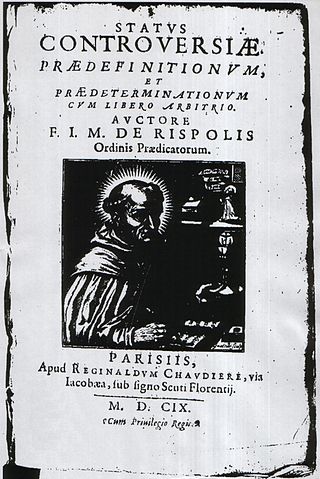
Philosophy in Malta refers to the philosophy of Maltese nationals or those of Maltese descent, whether living in Malta or abroad, whether writing in their native Maltese language or in a foreign language. Though Malta is not more than a tiny European island in the middle of the Mediterranean Sea, for the last six centuries its very small population happened to come in close contact with some of Europe's main political, academic and intellectual movements. Philosophy was among the interests fostered by its academics and intellectuals.

Thomas Cauchi was a minor Maltese philosopher who specialised in law.
Saverius Pace was a minor Maltese philosopher who specialised in physics.

Jerome Leocata was a major Maltese philosopher who specialised mainly in metaphysics. His long academic career in philosophy and theology was very hampered by his many administrative commitments. His writings, however, bear witness to his thinking skills and his philosophical prowess. He possessed a clear and systematic mind, consistently endeavouring to give a sound philosophical basis to his speculations. No portrait of him is yet known to exist.
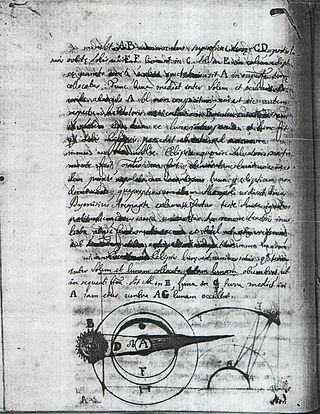
Henry Regnand was a minor Maltese philosopher who specialised mainly in logic and metaphysics.
George Sagnani was a minor Maltese philosopher who specialized mainly in ethics and morals.
Constance Vella (1687–1759) was a major Maltese philosopher who specialised mainly in physics, logic, cosmology, and metaphysics. Vella's speciality is that, despite being a Scholastic, he was not an Aristotelic-Thomist one, but rather an Aristotelic-Scotist philosopher, that is more in the line of John Duns Scotus.
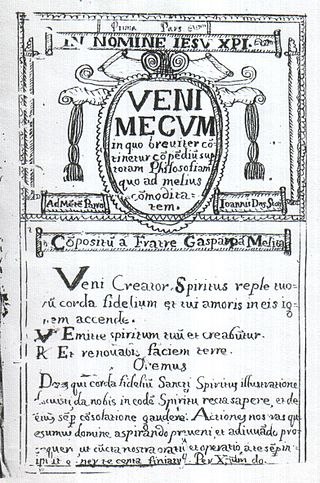
Gasper Grima (c.1680–1745) was a minor Maltese philosopher who specialised mainly in metaphysics and logic.

John Constance Parnis (1695–1735) was a major Maltese mediaeval philosopher who specialised mainly in metaphysics, physics, and logic.
Mario Vella is a Maltese philosopher, economist and politician. He was Governor of the Central Bank of Malta from 2016 to 2020.

Fortunatus Victor Costa was a minor Maltese philosopher who specialised in metaphysics.
Jerome Inglott (1776–1835) was a Maltese philosopher and theologian. His areas of specialisation in philosophy were chiefly metaphysics and ontology. He held the Chair of Philosophy at the University of Malta (1822–27), and was one of the Philosopher-Rectors at the same university (1826–33).

George Caruana (1831–1872) was a Maltese minor philosopher mostly interested in epistemology. He held the Chair of Philosophy at the University of Malta (1859–72).
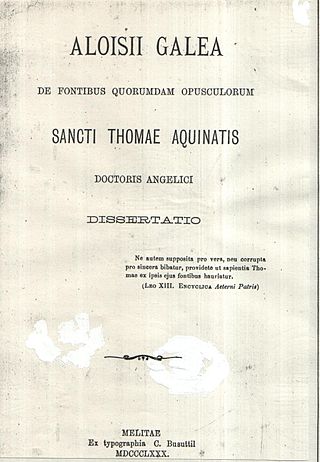
Aloisio Galea (1851–1905) was a Maltese theologian and minor philosopher. He specialised mostly in moral philosophy.
Raphael Debono was a Maltese minor philosopher. In philosophy he mostly specialised in logic. No portrait of him is known to exist.
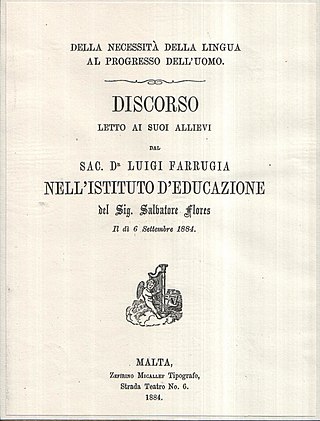
Louis Farrugia (1857–1933) was a Maltese theologian and minor philosopher. In philosophy he was mostly interested in Scholasticism and literature. No portrait of him has been identified up till now.
Vincent Riolo is a Maltese philosopher mostly interested and specialised in logic and the philosophy of language.
Emmanuel Agius is a Maltese minor philosopher mostly specialised and interested in ethics.
Michael Zammit is a Maltese philosopher, specialised in Ancient and Eastern philosophy.

Saviour Montebello (1762–1809) was a Maltese Doctor of Theology, a professor of philosophy at the University of Malta, and a Parish priest of Bormla. After Napoleon took over the Maltese islands in 1798, Montebello took an active part in the resistance of the Maltese against the French around his home-town at Żejtun. Afterwards, when the French Napoleonic forces had been ousted, and the British set up a provisional government in Malta, he was the first to be appointed to the Chair of Philosophy at the University of Malta. He held the office for almost four years, mainly teaching logic and metaphysics. He relinquished the Chair because he was appointed parish priest of Bormla, the last to hold the office under this title because subsequently the parish was promoted to a Collegiate led by Archpriests. He held the office of parish priest for only five years due to his premature death at the age of 46.
References
- ↑ The surname is sometimes spelt Mongada (A. Vella, ‘The origins and development of the Royal University of Malta’, Foundation Day Ceremony, 12 November 1965, University Press, Malta 1966, 12), and the name Joseph Angelo (http://www.um.edu.mt/about/uom/history/rectors).
- ↑ Mark Montebello, Il-Ktieb tal-Filosofija f’Malta (A Source Book of Philosophy in Malta), PIN Publications, Malta, 2001, Vol. II, p. 45.
- ↑ Malta National Library, Ms. 1343, fol. 3v.
- ↑ "Centrostudialeph.it" (PDF).
- ↑ "I Carnesecchi in Sicilia".
- ↑ Archivium Generalis Ordinis Praedicatorum, Rome, Vol. IV, fol. 39 (12 November 1770).
- ↑ A. Vella, ‘L-Ordni tal-Predikaturi u l-Università ta’ Malta’, Ir-Ruzarju, Malta, April–June 1949, 8.
- ↑ V. Laurenza, ‘Il primo Rettore e i primi statuti dell’Università di Malta’, Malta 1934, 18.
- ↑ A. Vella, ‘The University of S. Maria Portus Salutis’, Journal of the Faculty of Arts, Vol. II, No. 2, 1962, 179.
- ↑ V. Laurenza, op. cit., 145.
- ↑ A. Vella, ‘The origins’, op. cit., 12.
- ↑ ‘Ente autonomo, amministrante i proprii fondi, in assoluta indipendenza dal Comun Tesoro’– Malta National Library, Archive of the Hospitaller Order, Ms. 273, fol. 21–22; V. Laurenza, op. cit., 25; A. Vella, ‘Portus Salutis’, 179.